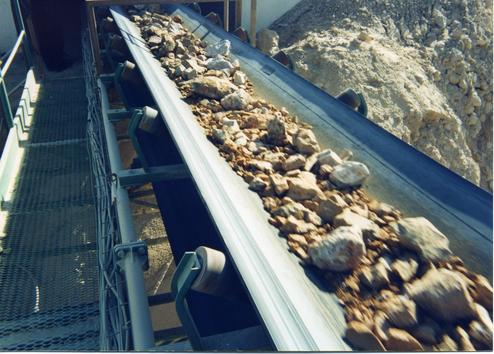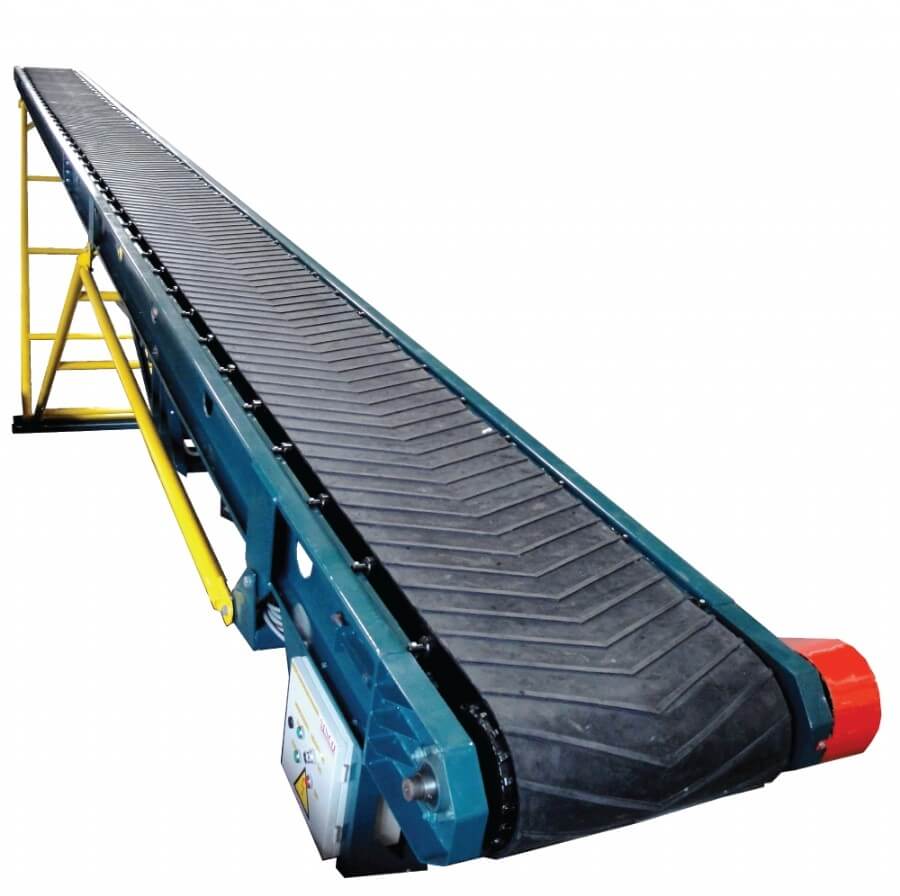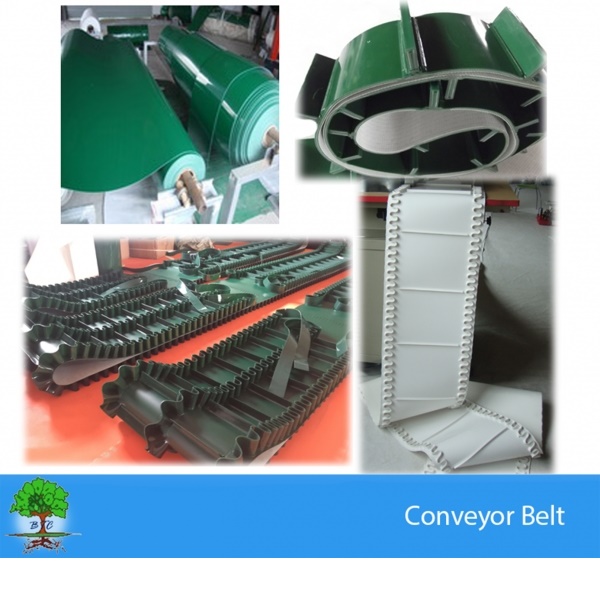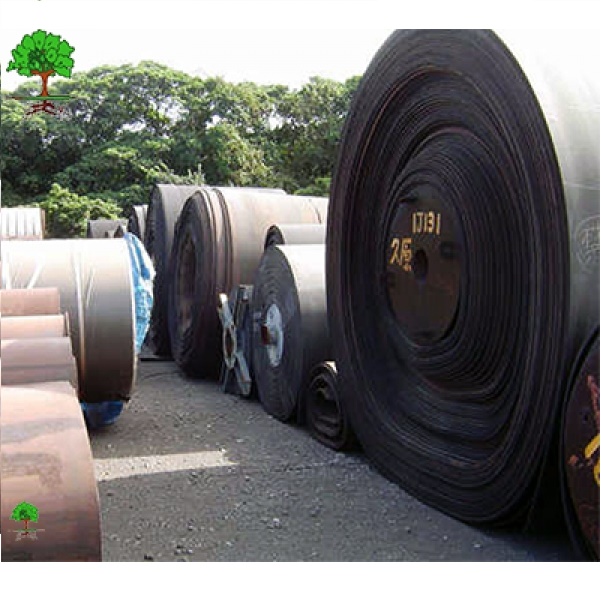Conveyor is an additional industry for most industry, agricultural production and processing. Most production and processing systems in the companies and factory have to operate continuously, because the shutting down and restarting will take a lot of time and fuel. Therefore, it is obvious that the conveyor belt on such systems must operate with high capacity. In addition, the friction force between the conveyor belt as well as the roller with the underside of the conveyor belt can generate the high heat and abrasions. Therefore, the cost of replacing the conveyor belts is not little. This cost is even greater if factories use poor quality and unclear original conveyor belts.
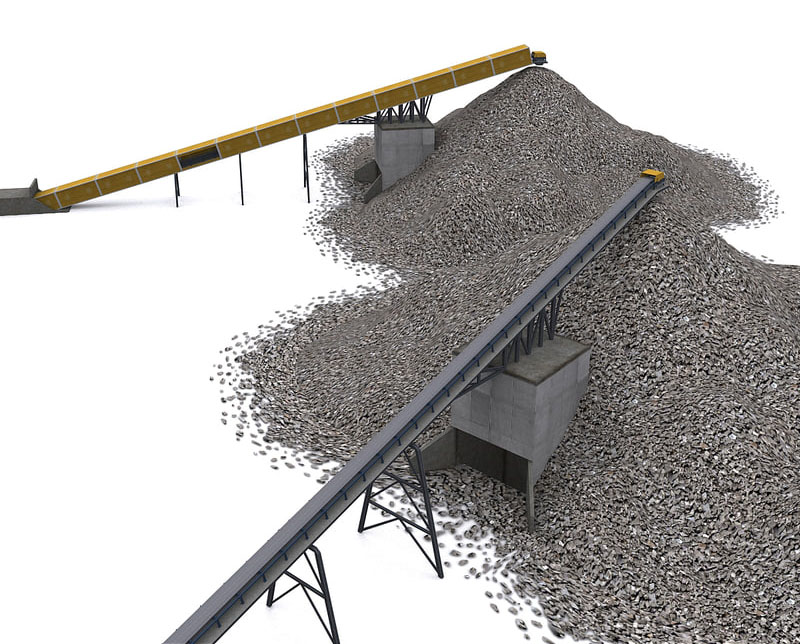
Although the using of conveyor belts takes costs, but the benefits that they bring are much superior. The conveyor belts can help convey materials from light to heavy weight in the long distances with short time. Meanwhile, if these materials are conveyed by human (workforces), it would need a lot of labors, as well as waste of time and reducing efficiency. At the opportunity cost, using workforces to convey materials will cost a lot more (including money, labors, time, productivity and output) than using conveyor belts.
Finally, to save costs, the customers should deeply understand the nature and characteristics of their industry and agriculture. There are few suggestions on conveyor types and their specifications:
- Wear resistance conveyor belts: used in conveying the materials that are hard, sharp like soil, stone, glass, coal, etc.
- Oil resistance conveyor belts: used in the transportation of oil-bearing or oil-containing materials (animals or minerals such as animal feed, oil, grease, fertilizer, soybean, etc.). However, it is necessary to determine the type of oil, as well as its amount. If you need more consultation, feel free to call our consulting department here.
- Heat resistance conveyor belts: used in the high temperature working environment, high heating transfer material. They are recommended for temperatures above 80 oC.
- Acid-Alkaline resistance conveyor belts: used for conveying the chemical or alkaline materials. This specialized design makes the conveyor belts more durable and less damaging.
- Chevron conveyors: Used to convey the materials on sloping position to prevent material from sliding backward.
- Elevator conveyor: Used to convey the materials in the steep system. The lifting capacity of the elevator conveyor belts can vary based on weight, pullet diameter and speed.
- Endless conveyor belts: minimizes the weak points of the conveyor belts, which can make the them tear or damage.
- White rubber conveyor belt: used for conveying food, ensuring the hygiene and safety.
- Food conveyor: specialized for conveying food, ensuring hygiene. They are used for the food industry.
|
Number of ply |
Top cover (mm) |
Bottom cover (mm) |
Total (mm) |
|
2 |
2.5 |
1.5 |
6 |
|
3 |
2.5 |
1.5 |
7 |
|
4 |
3.5 |
1.5 |
9 |
|
5 |
3.5 |
1.5 |
10 |
|
6 |
4 |
2 |
12 |
|
Total thickness (mm) |
Weight (kg) |
|
6 |
7.8 |
|
7 |
9.1 |
|
8 |
10.4 |
|
9 |
11.7 |
|
10 |
13 |
|
11 |
14.3 |
|
12 |
15.6 |
Bach Tung JSC is supplying all kinds of conveyor belts which are directly imported from Japan and Thailand such as: steel core/ fabric core conveyor belts, flat conveyor belts, chevron conveyor belts, heat resistance, oil resistance, abrasion resistance, chemical resistance, food conveyor belts, elevator conveyor belts, PVC conveyors belts within competitive prices.
Additionally, our company also distributes the rollers, rulo, and the assembly services for conveyor belts, glue the head of conveyor belts within the special glue, or heat press them at your factory (on request).
Bach Tung JSC is currently the largest and best importer distributor of conveyor belts from Japan with over 20 years of experience and many achievements.



.jpg)
